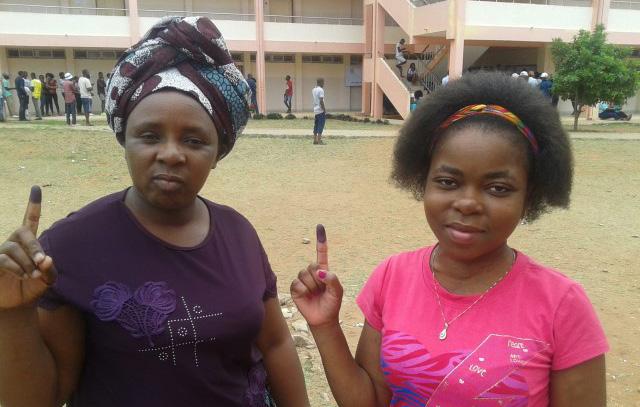Direct Participatory Democracy and Tolerance in Mozambique Manuel Mario Chingole SJ
D
emocracy has been one of the most
active participation in promoting the
be diminished or eliminated as appropriate
common good of the state and obeying
(Levinas, Emmanuel., Totality and Infinity,
preferred political systems around the
the laws and rules that the community
1967). This can lead to responsibility
world. Yet there are different kinds of
has set. Also, this kind of democracy
and respect towards the other. In a society
democracies. This article makes a brief
helps people to be more tolerant of each
where tolerance is promoted, people would
focus on direct participatory democracy
other. In this kind of system, people are
be able to tolerate the ideologies of others
and tolerance, using Mozambique as a
not divided according to their colour,
and engage one another in productive di-
case in point.
ethnic groups or social class. Everyone
alogue. This helps people to have a better
Direct participatory democracy “is a state
receives equal treatment.
understanding of others. The more people
in which the people themselves play a
Following Emmanuel Levinas’ ideas we
focus on the external, the more intolerant
more direct role in running the State,
can say that tolerance is a deep under-
they become because of judgments based
in making laws and taking decisions”
standing of the other person. It is not the
on the external features or factors only.
(Munroe, Trevor., An Introduction to
external understanding where we come
That is problematic for societal cohesion
Politics: Lectures for First-year Students,
to understand and judge the other be-
and coexistence.
2002). This is a kind of democracy
cause of his or her background, culture,
Direct participatory democracy and toler-
that emphasizes the participation of the
social status, ethnic group, appearance
ance have a way of dealing with poverty,
individuals in building their society in its
etc. Tolerance goes beyond the accidents
inequality and corruption. Since it in-
political, social, and economic aspects.
that have been mentioned. It is about the
volves everyone in the state’s affairs there
Here, action is not only for the govern-
essence of the person which is discov-
is a possibility of knowing the needs of the
ment. Rather, people are encouraged to
ered by listening carefully and responsi-
citizens in order to justly respond to them.
be active, especially in accomplishing
bly to that person. When people are sin-
It also leads to more transparency and
their duties such as paying taxes in order
cerely listened to, a large percentage of
accountability to the people. The citizens
to sustain the economy of the state,
the problems that our societies face can
should know the economic status of their
Mukai - Vukani No.78 | October 2020 |
18










